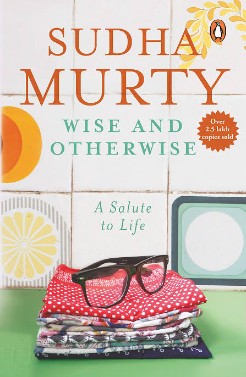Honesty Comes from the Heart
One bright June morning three years ago, I was reading my Kannada newspaper as usual. It was the day the Secondary School Leaving Certificate results had been published. While columns of roll numbers filled the inside pages, the list of rank holders and their photographs took up almost the entire front page.
I have a great fascination for rank holders. Rank is not merely an index of one’s intelligence, it also indicates the hard work and perseverance that students have put in to reach their goal. My background—I was brought up in a professor’s family—and my own experience as a teacher have led me to believe this.
Of all the photographs in that morning’s newspaper, one boy’s snapshot caught my attention. I could not take my eyes off him. He was frail and pale, but there was an endearing sparkle in his eyes. I wanted to know more about him. I read that his name was Hanumanthappa and that he had secured the eighth rank. That was all the information I could gather.
The next day, to my surprise, his photograph was published again, this time with an interview. With growing interest I learned that Hanumanthappa was a coolie’s son, the oldest of five children. They belonged to a tribal group. He was unable to study further, he said in the interview, because he lived in a village and his father, the sole breadwinner, earned only Rs 40 ( $ 0.5 ) a day.
I felt sorry for this bright boy. Most of us send our children to tuitions and to coaching classes, we buy them reference books and guides, and provide the best possible facilities for them without considering the cost. But it was different for Hanumanthappa of Rampura. He had excelled in spite of being denied some of the basic necessities of life.
While I was thinking about him with the newspaper still in my hands, I gazed at a mango tree in my neighbour’s compound. It looked its best with fresh bark, tender green leaves glistening with dewdrops and mangoes that were about to ripen in a few days. Beyond the tree was a small potted plant that, I noticed, had remained almost the same ever since it had been potted. It was a calm morning. The air was cool and fresh. My thoughts were running free. The continuous whistle of our pressure cooker broke the silence, reminding me that half an hour had passed.
Hanumanthappa’s postal address was provided in the interview. Without wasting much time, I took a postcard and wrote to him. I wrote only two lines, saying that I was interested in meeting him and asking whether he could come to Bangalore. Just then my father, ever a practical man, returned from his morning walk. He read the postcard and said, ‘Where will he have the money to come so far? If you want him to come here, send some money for his bus fare plus a little extra to buy himself a decent set of clothes.’
So I added a third line to say that I would pay for his travel and some clothes. Within four days I received a similar postcard in reply. Two sentences: in the first he thanked me for the letter, in the second he expressed his willingness to come to Bangalore and meet me. Immediately, I sent him some money and details of my office address.
When he finally arrived in our office, he looked like a frightened calf that had lost its way.
